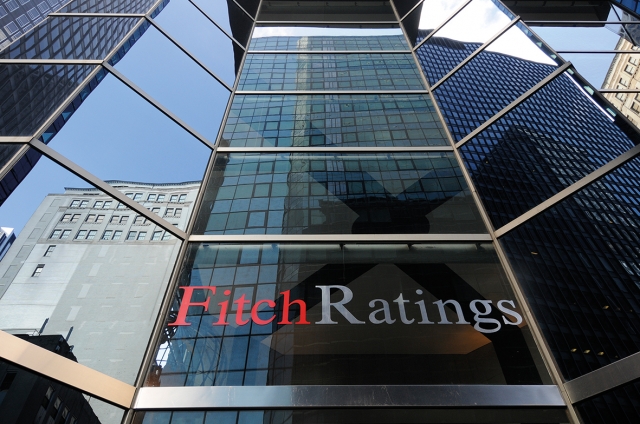Tbilisi to Welcome the Fitch Annual Conference
The annual Fitch conference will take place in Tbilisi, at the Radisson Blu Iberia hotel, on October 1st. The event is an opportunity for international experts, local professionals and government officials to discuss the current and coming financial challenges for Georgia. This year, the panel will welcome Nikoloz Gagua, Deputy Minister of Finance of Georgia; Selim Cakir, Resident Representative in Georgia, IMF; George Paresishvili, Chief Executive Officer, Georgian Stock Exchange; Giorgi Laliashvili, Head of Financial Markets, National Bank of Georgia; and Levan Surguladze, Director, Georgian Pension Agency. Invitees include heads of major Georgian companies, senior executives of leading Georgian banks and non-bank financial institutions, and the representatives of international organizations, the global investment community and mass media.
Fitch Ratings is one of the biggest international rating agencies, along with Moody’s and Standard & Poor’s. Its ratings describe each nation’s ability to meet its debt obligations, also called sovereign credits ratings. The highest is “AAA” (granted to the USA in 2018) and the lowest is “BB-”.
It is especially important for developing countries, as it aids in accessing funding in international bond markets. Georgia is rated “BB” thanks to its governance and business environment, which are above the current medians of “BB” category peers. Georgia is moreover ranked 6th out of 190 in the 2019 World Bank Ease of Doing Business Indicator.
Fitch predicts a stronger GDP growth for Georgia, leading to higher GDP per capita in the coming years. However, this, it says, remains highly dependent on the political environment and stability, both at the national and regional levels. The agency notes that although external actors such as the International Monetary Fund are confident regarding the authorities’ economic strategy, Georgia's external finances are “significantly weaker” than the majority of 'BB' category peers.
In August, in reaction to the Russian ban on flights to Georgia, Fitch predicted a negative impact on the recent rapid improvement in tourism revenues; rightly so, as revenues generated from tourism in August 2019 fell by 10% ($46.8 million) compared to August 2018. In a detailed article, the Financial Times highlights the influence of Russia over the overall improvement of economic indicators. As an example, although internal reforms are currently leading to a greater narrowing of the deficit and easing of pressure on imports, Russian sanctions on Georgian goods could easily weaken these lasting efforts.
Internally, Fitch also underlines the political risks linked to the unresolved conflicts involving Russia in Abkhazia and South Ossetia for the economy and the possible instability associated with the coming election year. Additionally, the use of the dollar in addition to or instead of the domestic currency remains significantly high.
In short, the big picture looks pretty blurry for Georgia’s financial stability and resilience on the global financial market at this stage. Natia Turnava, Georgia’s Minister of Economy and Sustainable Development, remains confident in the government’s strategy to answer the main challenges named by Fitch.
"Due to these factors, Fitch has reduced Georgia's economic growth forecast by 0.3% points, but the Georgian government will do its utmost to complete 2019 at a high rate," Turnava said last month.
The opposition is skeptical of the government’s explanation, which they see as mostly based on the Russian reaction to the recent protests in Georgia and the lack of political will to address lasting socio-economic issues in an efficient way.
The conference topics will cover Georgia’s macroeconomic issues and an overview of the Georgian banking sector.
By Lorraine Vaney
Image Source: Business Wire











